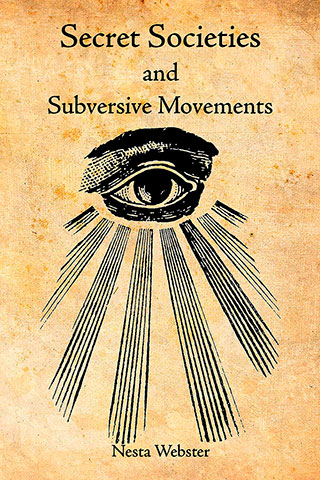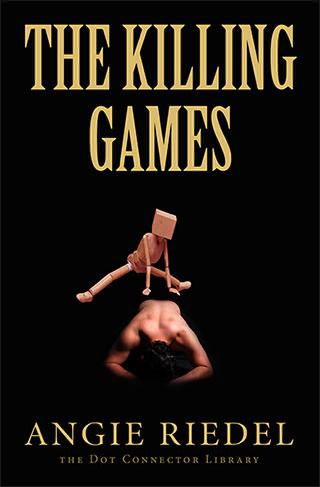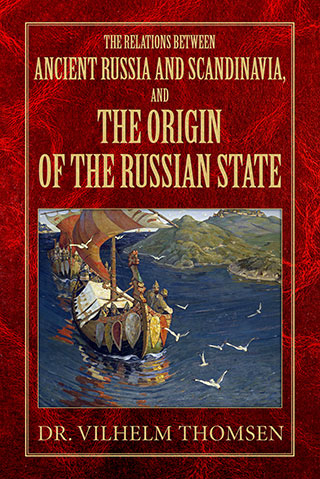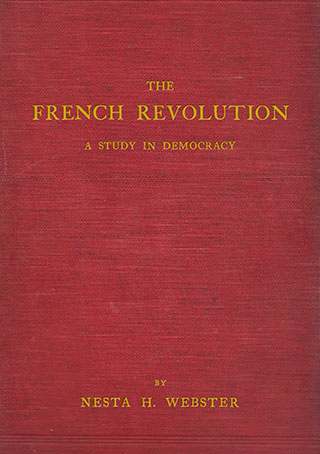Creative Detachment: The Secret to Freedom and Happiness
“A joyful life is an individual creation that cannot be copied from a recipe.” — Mihaly Csikszentmihalyi
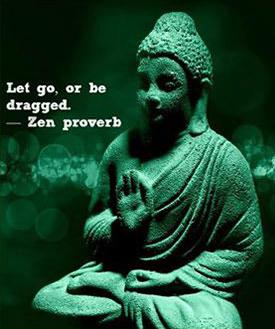 The universe is both a complicated and a simple thing. As individuals we are interdependent manifestation of the universe, and so we too are both complicated and simple beings. We are complicated in the sense that we have a sense of self (ego), which seems at odds with our sense of connection (soul), and we are simple in the sense that we are aspects of the universe becoming aware of itself.
The universe is both a complicated and a simple thing. As individuals we are interdependent manifestation of the universe, and so we too are both complicated and simple beings. We are complicated in the sense that we have a sense of self (ego), which seems at odds with our sense of connection (soul), and we are simple in the sense that we are aspects of the universe becoming aware of itself.
The key to freedom and happiness lies between these two senses and is found within the creative process. In this article we will discuss the power of healthy creative detachment and inquire as to how it can give us a healthier perception of reality.
Hungarian psychology professor Mihaly Csikszentmihalyi is known for the concept of the “flow” state. Csikszentmihalyi described flow as “being completely involved in an activity for its own sake. The ego falls away. Time flies. Every action, movement, and thought follows inevitably from the previous one, like playing jazz. Your whole being is involved, and you’re using your skills to the utmost.”
This is the power of the creative process; where we become so completely involved with our art that our ego falls away and we reconnect with the cosmos in an authentic way, and we become aware that we were always connected to the creative forces of the universe. It’s like opening a door labeled “The Great Mystery” that was always there.
We just needed to open it and ecstasy pours in. But, and here’s the rub, we cannot force ourselves through the opening. We have to sink into it. We have to float through it. We have to allow its natural gravity to pull us through. That’s why it’s called “surrendering.” Next to meditation, the creative process is probably the healthiest way to surrender.
When we surrender to the creative process, we are surrendering to life and the creative energies of the interconnected cosmos. Such concepts as “flow” begin to surface, and we free ourselves to become an active agent of the creative universe. A big part of surrendering is letting go of expectation. When we let go of expectation we free ourselves to go in flow with the universe.
When we are attached to an outcome, we expect things to be a certain way. And when it doesn’t happen a certain way, we suffer and we feel dejected. But when we let go of our expectations, we free ourselves to be free. We free ourselves from suffering. Letting go of our ego’s attachment to an outcome, frees us to be vulnerable. It frees us from the illusion of perfection. It frees us to be fallible. It frees us to fail.
But even failure cannot stop us once we’ve abandoned the co-dependent perception of expectation, because even failure is just a stepping stone toward being a more individuated person. Luck then becomes a subsumable concept, an energy that’s relative to our disposition. It’s the difference between being a flexible goal-maker focused on a healthy intention, and an inflexible goal-definer attached to an outcome.
When we are attached to the unfolding of a particular outcome, we cannot be grateful or feel unconditional love or enjoy peace of mind. We are so hung-up on not wanting to be stuck that we end up stuck. When we combine the act of letting go of our expectations with an act of creativity, we become creative microcosms surrendering to a greater creative macrocosm.
 This is what it means to have a healthy creative detachment. And the result can be magical. Like Klaus Joehle said, “The Universe is saying: Allow me to flow through you unrestricted, and you will see the greatest magic you have ever seen.” And it is amazing, euphoric even. The entire universe becomes a fountainhead, pouring through us and into our art.
This is what it means to have a healthy creative detachment. And the result can be magical. Like Klaus Joehle said, “The Universe is saying: Allow me to flow through you unrestricted, and you will see the greatest magic you have ever seen.” And it is amazing, euphoric even. The entire universe becomes a fountainhead, pouring through us and into our art.
Creative detachment is courageous creativity. It takes courage to surrender to the artistic process and to allow it to flow. We just have to get out of our own way, and to stiff-arm our egos if need be. To get back to a place where we are free to be like a child at play, immersed completely and totally in what we are doing without the concern of a particular result. Like Shunryu Suzuki said, “We must have beginner’s mind, free from possessing anything, a mind that knows that everything is in flowing change.”
Detachment is more than just a mindset, it’s a lifestyle. In order to be optimally creative, whether it’s painting a portrait, writing a novel, or manifesting the life we want to live, we must be able to detach from the outcome. There’s a battle going on in our brains over logic and creativity. Detaching from the outcome seems illogical and counterintuitive, but it’s necessary to unleash an optimal creative state.
And the satisfaction gained from creating for the sheer love of creating while divorcing ourselves from the need to have it come out perfectly, is invaluable. It frees us to practice our craft more often and to be more and more creative. Detached from an outcome, we focus less on quality and more on quantity, and our art becomes free to go through the natural trial and error process necessary to achieve true quality. The journey is the thing, even with the creative process. And especially with the creative process of manifesting the life we want to live.
At the end of the day, having a healthy creative detachment leads to freedom and happiness exactly because it frees us to be fallible. It frees us to be imperfect. This liberation is the height of ecstasy because we’re no longer hung-up on an ideal; we are instead caught-up in the free flow state of a creative idea. We’re free to flow, in the now, perfectly imperfect with our creative juices flowing and carrying us down the cosmic river that connects us to all things.
Digital discoveries
- Migliori Casino Online
- Casino Non AAMS
- Siti Casino
- Sites De Paris Sportifs Belgique
- Tous Les Sites De Paris Sportifs Belgique
- Meilleur Casino En Ligne Belgique
- Casino En Ligne Belgique Bonus
- I Migliori Casino Online
- Non Aams Casino
- Scommesse Italia App
- Migliori Casino Online Esteri
- Paris Sportif Crypto Sans Kyc
- Site De Paris Sportif
- Sweet Bonanza Avis
- Paris Sportif Ufc
- オンラインカジノ 出金早い
- Casino Live En Ligne Français
- Site De Paris Sportifs
- Meilleurs Nouveaux Casinos En Ligne
- Casino En Ligne Français
- Casino En Ligne
- Casino Retrait Instantané
- Casino En Ligne Fiable
- Meilleur Casino En Ligne 2026
- Casino En Ligne Retrait Immédiat
- Casino Français En Ligne
- Casino Italia Non Aams
- Casino Con Free Spin Senza Deposito
- Siti Di Scommesse Non Aams
- Migliore Casino Non Aams
- Casino Online Non Aams 2026
- 토토사이트 모음
- Top 10 Trang Cá độ Bóng đá
- Casino En Ligne
- Casino En Ligne France
- Casino En Ligne Argent Réel
- Casino En Ligne Retrait Immédiat 2026
- Nouveau Casino En Ligne 2026
